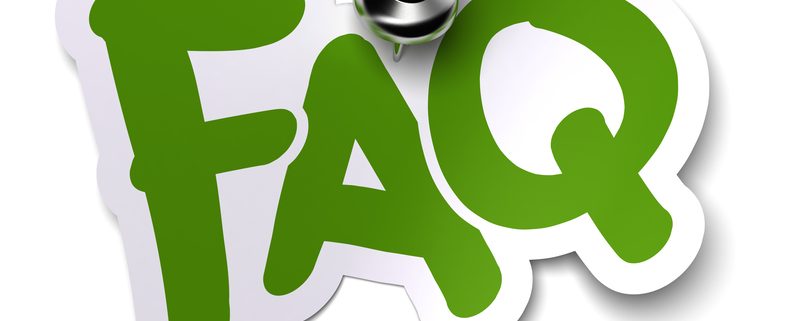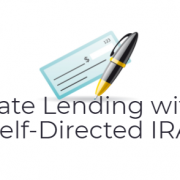Private IRA Lending FAQs
When you use a Self-Directed IRA for Private IRA Lending, you open up all sorts of potential retirement investing avenues. For example, while many people traditionally invest in stocks and bonds when using a retirement account, a Self-Directed IRA means investors can turn to real estate, precious metals, private company stock, and more. One such option for retirement investing is the option to make private loans from an IRA. And while there are certain rules, you’ll want to be aware of, the truth is that this can be an incredibly liberating way to invest.
To that end, we’ve put together some of our favorite and most pressing Private IRA Lending questions—along with the answers you’ll need to know about.
Question: What kinds of loans can someone make from Private IRA Lending?
There are a lot of different loans and lending investment options within an IRA, as long as they’re considered valid investments and not with a disqualified person. That includes mortgages and trust deeds, secured notes, unsecured notes, private business loans, commercial real estate development loans, and more. Not only do Self-Directed IRAs make it possible to expand and diversify a portfolio into different asset classes, but there are often plenty of options within each asset class. And that’s the case with private lending.
Question: Can I set my own repayment terms?
You can, with a Self-Directed IRA, structure your own repayment terms and interest rates with the borrower. This includes the power of choice to decide whether the promissory notes made are secured or unsecured with a Deed of Trust. In other words, you will have to do your own due diligence here. The decision is up to you, and how much you trust the other party’s ability to pay off the loan. Please note that there may be some regulations that affect your ability to charge interest in some asset classes. For example, collecting interest within a tax lien can be different—however, as that is not a private loan in strict terms, you might consider that a different asset class.
Question: Are interest payments tax free?
This will depend on your individual situation, so we recommend that you get in touch with a tax professional. One way we can answer it is to say that yes. It is possible for interest payments received on a loan arrangement in your IRA to be tax-free Provided, of course, that you meet the requirements. You can find out more about that at our Private IRA Lending page.
Question: Which professionals should be involved with a Self-Directed IRA private loan?
We note on our page that you should include title companies, attorneys, and servicing agents. This ensures that everything with your private IRA loan is up to snuff. This will not only help you construct the Self-Directed IRA loan, but it can help you avoid any unforeseen disasters. Most importantly: disasters that would have taken place if you had handled everything yourself. Self-Directed IRAs are a great way to take control of your retirement account. It’s always good to remember when it comes time to rely on the help of other professionals.
And on that score, you should always remember to work with a Self-Directed IRA administration firm who can offer you a lot in terms of administration on the account. This firm can serve as the custodian, making sure that the IRA is handled properly. Interested in learning more about Self-Directed IRAs? Contact American IRA, LLC at 866-7500-IRA (472) for a free consultation. Download our free guides or visit us online at www.AmericanIRA.com.






